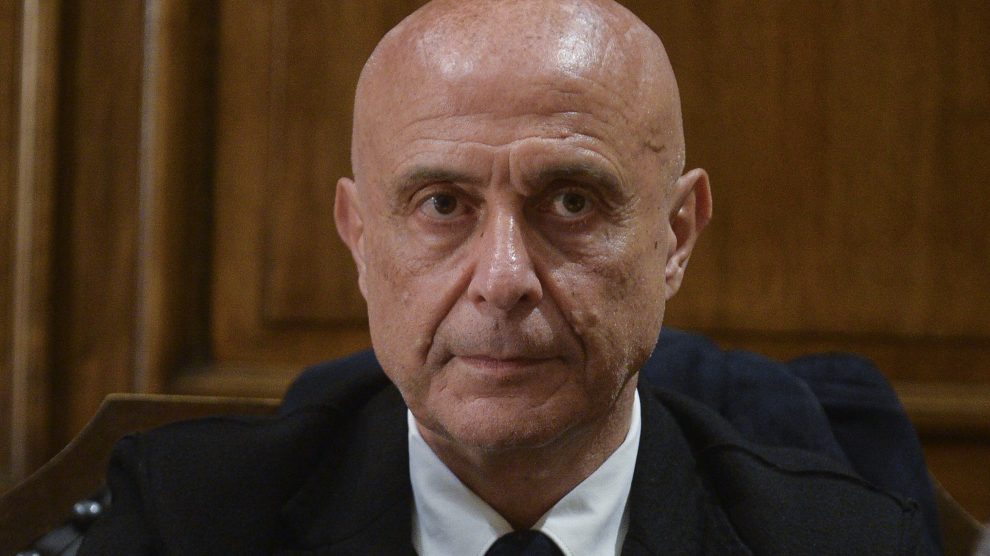North African countries see Italy as an actor with which they can establish an all-round dialogue on issues of cooperation and development, economic-commercial partnership, security and politics. As shown by the Algerian Head of State’s recent visit to Rome, or the Italian activity within the context of the Libyan crisis.
Morocco, too, shows interest in Italy. This much was reported by the President of the Med-Or Foundation, Marco Minniti, who travelled to Rabat for meetings with the country’s institutions.
- The visit took place as part of the Foundation’s Mediterranean-level initiatives to strike cooperation agreements with several countries.
- Some have already been made in Qatar, Lebanon, and Somalia; dialogues are underway with Bahrain, the United Arab Emirates, Saudi Arabia as well as Morocco.
It’s about education. These agreements hinge on training and higher education projects, which Med-Or facilitates by collaborating with Italian universities. The aim is to provide educational services in areas where they lack.
- An example is healthcare. The Foundation awards scholarships and mediates networking between talents in these countries and the Italian Conference of University Rectors.
Med-Or in Morocco. During his two-day trip, facilitated by Italian Ambassador Armando Barucco, Mr Minniti met with Nasser Bourita, the Moroccan Minister of Foreign Affairs, who expressed interest in cooperating with Italy to reform Moroccan second-level education.
- Rabat aims to foster at least 2.000 PhDs who can be the local spearheads of new technologies in multiple fields.
- The Med-Or Foundation could become a partner to provide scholarships and create tools for dialogue with Italian universities.
Not just universities. Mohammed Khalfaoui, Secretary General of the Moroccan Ministry of Higher Education, Scientific Research and Innovation, recently reiterated the country’s sore need to widen the range of technical-scientific training.
- The Moroccans aim to tap Italy’s peaks of excellence, especially in the field of manufacturing, by entering into direct cooperation and know-how sharing agreements with Italian companies.
There’s the deal. The LUISS Guido Carli University in Rome and the Mohammed VI Polytechnic University in Rabat signed a cooperation agreement through Med-Or.
- “With its higher education projects, Med-Or strives to encourage comparison and interaction between different worlds in an era of fierce competition and great change. In the full conviction that distance can become an instrument of unity and dialogue, and differences a source of mutual enrichment,” commented the Foundation.
The parliamentary passage. President Minniti reiterated the above during a meeting in Morocco’s Parliament. He saw the House of Representatives’ President of the Foreign Affairs Commission, Nadia Bouaida, and the Honourable Laila Dahi.
- The trio discussed the promotion of the Arabic language, which the Foundation defines as the language of dialogue straddling the Mediterranean.
- Cooperation in education and research also aid in pushing the new Arab generations to close the gender gap. Med-Or’s scholarships are equally distributed among men and women.
- This produces a positive message, both for within and outside Morocco, regarding the growing role of women in the North African region. The experiences of Ms Bouaida and Ms Dahi are testimony to this.




